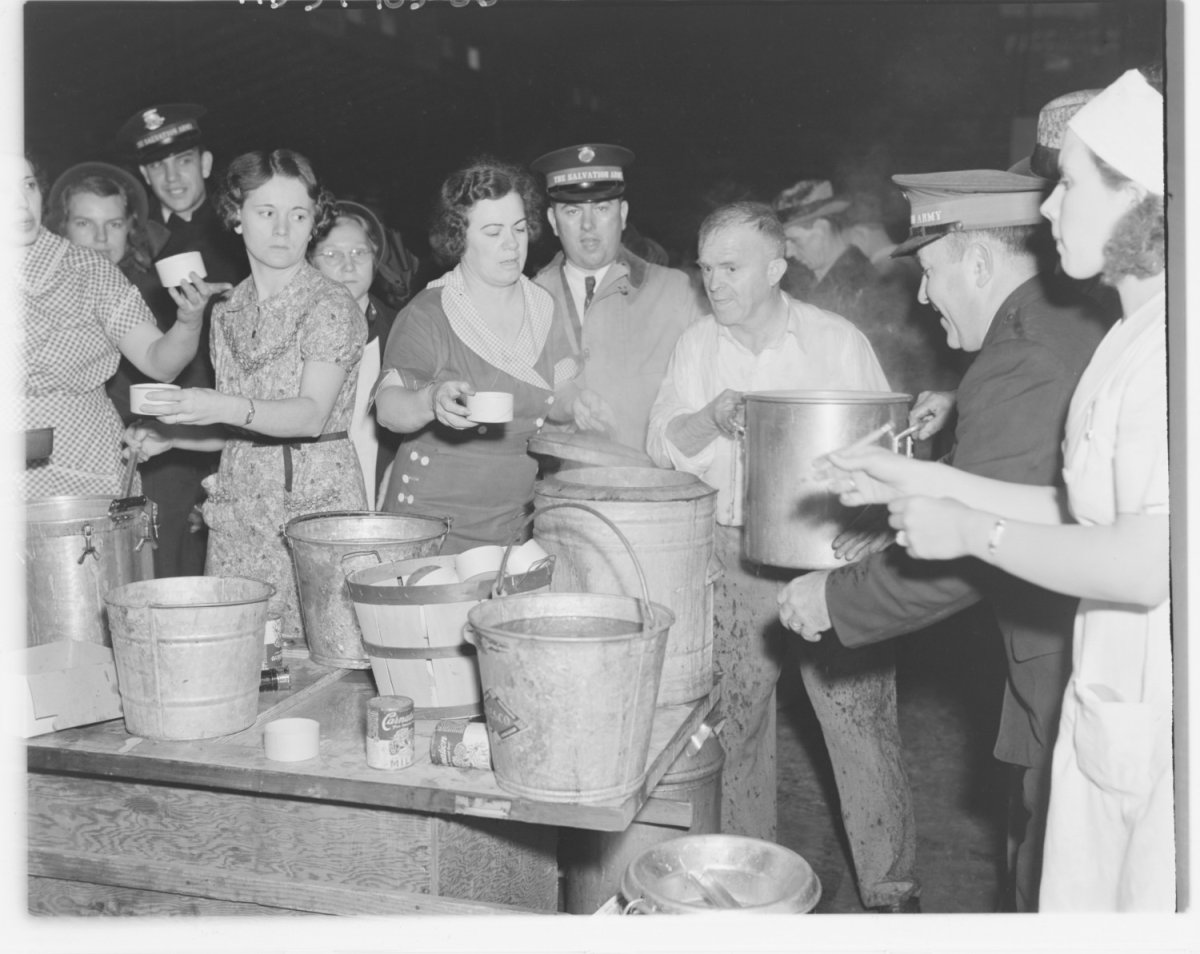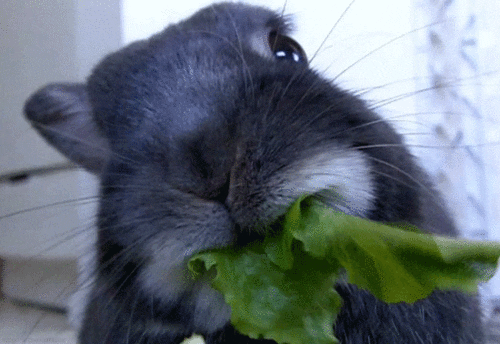Obese 2
Ready for a 2nd helping on obesity?
This section on obesity is segmented into aspects I have learned about weight-control over the decades.
These include both caloric facts and emotional aspects that need to be reckoned with.

painting by wilke, or krimmel
"I deserve!!!"
A lot of gluttony is rooted in substitutionary behavior.
When we do one thing to make up for something
that we believe we deserve - but aren't getting.
This is substitutionary behavior.
Over-consuming anything depends on at least four factors:
1) How much of a commodity we actually need.
2) How much of that item we can afford.
3) How much attention we give that part of our lives without failing our other responsibilities.
4) At what point the consumption becomes harmful.
This can apply to extra food, too many shoes or man-toys, over-spending,
seeking too much attention, having unjustified control of others...
"I Deserve!" is a driving force involved in every addiction.
***One difference between an addiction and a passion is whether it helps or hurts others.***

Family Habits
Few habits are harder to break than bad family habits.
I grew up in a family of smokers, and I began smoking at 14,
and it vexed me sorely until I gave it up at 27 years-old.
(I was up to three packs per day)
My dad wasn't a drinker, so alcohol had no special hold on me.
My dad was the 3rd of 10 kids. He quit school after 8th grade to help feed his siblings.
Food was always a source of pleasure in our family.
And obesity has always been in our family.
There is a difference between enjoying the food we need to eat,
and using food as a source of pleasure.
We should appraise how much pleasure we expect out of life.
And we should prioritize joy over pleasure.
If we don't know the difference between joy and pleasure,
this is likely part of the problem.
Another point: When I quit smoking, I gained 30 pounds.
So, this is another factor in the equation...

photo: university of north Texas
A poor substitute...
Using food as a substitute for a different need - doesn't work well.
It falls short of the real thing.
Food is not a good substitute for love, or for married sex,
or for the baby that died,
or for the education that was never completed,
or for a safe spouse,
or for a life that is as successful as a sibling's life.
Food is for an empty belly, and proof of God's provision to mankind.
That's it.
Don't try to milk your food for more than what God designed it to be.

A state fair food alley
Can't I have 1 solid pleasureto get me through life?
Beloved, legitimate pleasure doesn't kill people,
or cause them to lose their limbs to medical problems.
If the unceasing on-take of a pleasure - physically threatens one's physical well-being,
then this pleasure isn't healthy.
If a behavior like eating is necessary, but can be deadly if overdone,
then we need to be careful not to over-do it, eh?
And you already have many solid pleasures, if you:
>have a dry, bug-less bed to sleep in
>have clean water to drink
> have warm water to bathe in
> enough food to eat
> can shut your door at night and feel safe
> have clean air to breathe
All the martyrs that have died for Christ had all these things taken away from them.

dieticians-online.blogspot.com
Plate Math:
A round plate has 78.5% of the space of a square plate of the same width.
A 10" square plate holds 100 square inches of food
A 10" round plate holds 78.5 square inches of food.
See how that works?
Those infected with the 'I deserve' mentality want to see their plate full.
So, one bit of self-trickery ... is to use a smaller plate.
8.5" plate: 56.7 square inches.
10" plate: 78.5 square inches.
11" plate: 94.5 square inches.
12" plate: 113.0 square inches.
The 12" round plate has 2wice the square area of the 8.5" plate.
I eat supper at home from an 8.5" plate.,
and try to limit myself to one helping, and then a modest dessert.

OBESE 2
Take a break....
Put your fork down between each bite.
Don't pick up the fork until you are through chewing and swallowing that bite.
This is what intentionally-lean people do.
but find you want to reload,
try taking a break of 5-10 minutes
then see how you feel about it.
And I almost always have dessert, but try to wait 15-30 minutes after supper.
And quit watching cooking shows. They truly are 'food-porn' for the obese.

Greens and sausage, or sausage and greens?
Rags to Riches
Let me spotlight a cultural tradition that intensifies obesity.
Poor people make meals differently from financially-abled people,
even when they use similar ingredients.
This photo is a pot of greens and sausage.
When money is tight, it is common to combine the meat, starches and vegetables in one pot.
That way, everyone gets a little bit of everything.
As years pass, or maybe generations later, the family has more money.
Now they can have individual meat servings in the meal.
What started out as a one-pot meal,
is now a pot of starches, a pot of vegetables and a platter of meat.
But people raised on greens, still get hungry for a mess of greens now and then.
But wait?!?
Why is there sausage in the greens, if there is also a platter of pork chops on the table???
Why does anyone need sausage in the greens?
That is two-helpings of calorie-dense meat.
Perhaps Sausage and Greens without the separate platter of meat
for the occasional meal?

OBESE 2
"I'm dieting, but I've hit a plateau,and can't seem to lose weight now."
Beloved, when a person's food intake, activity levels and weight are in balance,
this means the person is eating just what they need to maintain that weight.
They are no longer dieting.
If we want to keep the weight off, we can't go back to old eating habits.
The way we eat when on the final plateau of our weight loss journey,
is how we need to eat the rest of our lives.
This is the new normal - and there is no going back to the old ways of eating,
if we want to remain leaner than we used to be.
Learn to live on that plateau.
Diets fail because we want to go back to overeating once the weight is gone.
It doesn't work like that.
